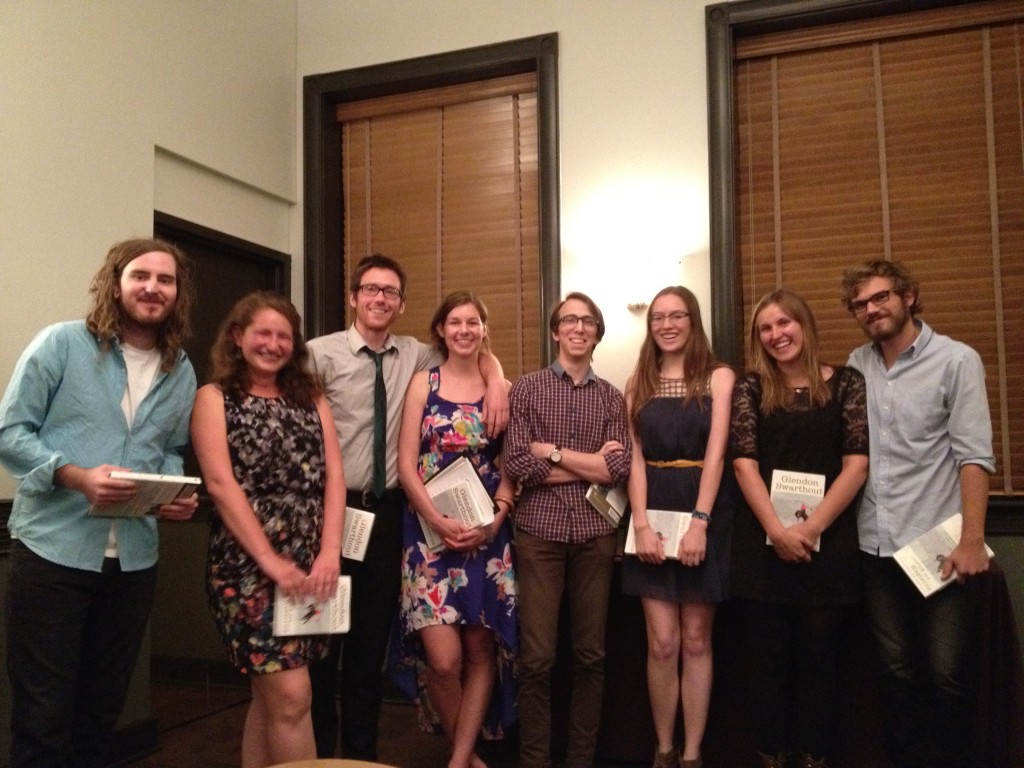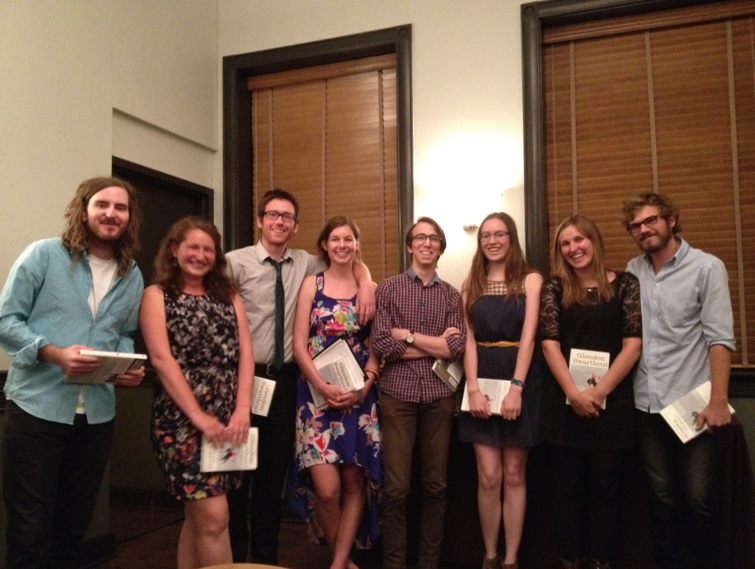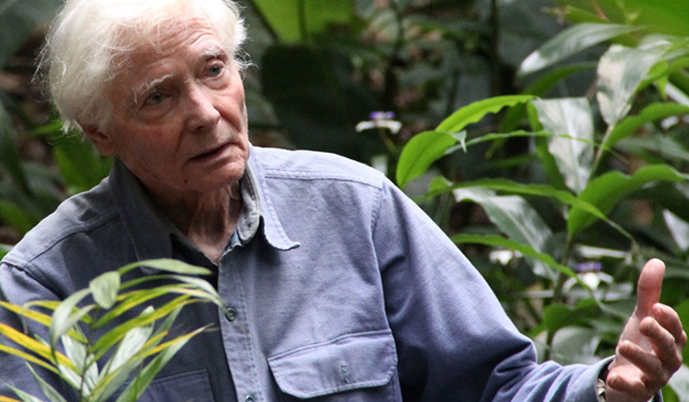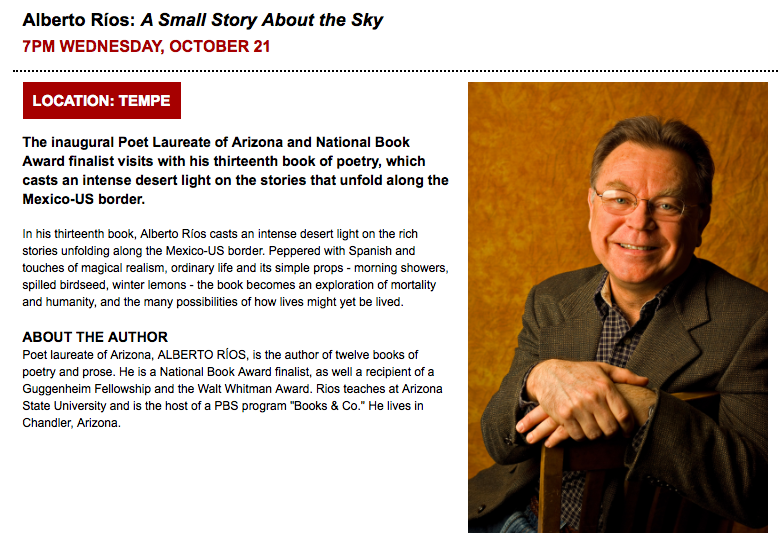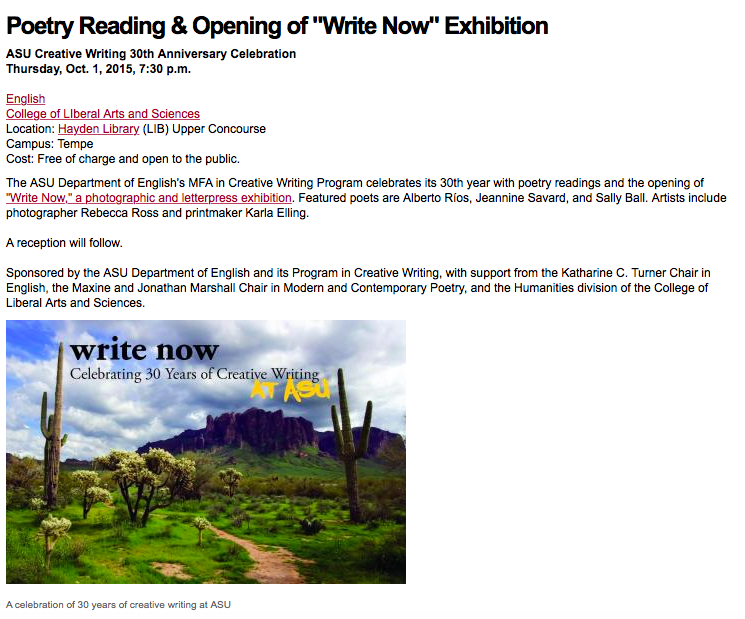On the very first day of TA training, back in 2007, we were asked to think about how we were going to introduce ourselves to our students. They asked us to consider teacher identity in the classroom. Things like where we sat, what we wore and what we called ourselves were tossed around the discussion. Were we going to make them call us mister, miss, professor, or by our first names?
I had a bigger problem. Since the very first day I entered school as a young boy, my name took on another sound. Fur-nan-doe Pur-rez fell from the lips of all of my teachers and classmates. My identity split. I was no longer just Fernando Pérez, as my parents pronounced it. It was at this point that my curiosity with the power of language grew. At home my name was always pronounced in Spanish. My folks and relatives said it correctly, but all of the new people in my life made me think that Spanish held only a place for intimates in the homes of cousins and grandparents. It’s not that my relatives could only speak Spanish. In fact, we are quite assimilated. Most of us have actually held on to the language and culture of our Mexican roots while integrating successful American practices, careers, and attitudes.
I, however, internalized the split as the following: English belonged at school, among friends, and in the classroom; Spanish belonged at home. Whenever Spanish crossed into the English boundary that had been set, I would become nervous or embarrassed. I even began pronouncing my own name in English. The struggle with identity increased as I encountered far more Latino students in high school than I had ever had in my elementary and junior high where I was among only three.
 Fast-forward to graduate school and TA training. My first semester at Arizona State University, I had a Poetry class with Professor and renowned poet, Alberto Ríos. I remember the first day he took roll. When he got to my name my face flushed with blood. He said my name in Spanish. The line had been crossed. This was the first time any teacher had ever said my name the way my mother does. What’s more, I felt the guilt that I associated with the times my mother said my last name—usually reserved for moments of scolding. I remember asking my professor after class if he was embarrassed bringing Spanish into an “English” class. His answer has stayed with me to this day. It was something along the lines of saying, “We are in the Southwest, and what’s more, we are in a place of higher learning, where language and culture is not limited to those whose primary language is English.” He continued to say that Spanish and any other language should be attempted by those who cannot speak it—at the very least a word or two here and there as a way of building bridges. From that moment on I felt empowered, yet I still accommodated my English language students by providing them the option of pronouncing my name in English, the way I had been used to hearing for half of my life. I felt content having at least provided the Spanish option as recognition for those students who knew my struggle.
Fast-forward to graduate school and TA training. My first semester at Arizona State University, I had a Poetry class with Professor and renowned poet, Alberto Ríos. I remember the first day he took roll. When he got to my name my face flushed with blood. He said my name in Spanish. The line had been crossed. This was the first time any teacher had ever said my name the way my mother does. What’s more, I felt the guilt that I associated with the times my mother said my last name—usually reserved for moments of scolding. I remember asking my professor after class if he was embarrassed bringing Spanish into an “English” class. His answer has stayed with me to this day. It was something along the lines of saying, “We are in the Southwest, and what’s more, we are in a place of higher learning, where language and culture is not limited to those whose primary language is English.” He continued to say that Spanish and any other language should be attempted by those who cannot speak it—at the very least a word or two here and there as a way of building bridges. From that moment on I felt empowered, yet I still accommodated my English language students by providing them the option of pronouncing my name in English, the way I had been used to hearing for half of my life. I felt content having at least provided the Spanish option as recognition for those students who knew my struggle.
Today, I don’t provide the English option. Instead, I say my name in Spanish, provide Ped-diss as a way of sounding it, or tell my students that they can call me “Mr. P.” Introductions are important. Identity is important. I share the history and struggle of reconnecting with my name on the very first day of every class. Seeing myself as belonging in this place of higher learning has been a struggle. I know that several students feel the same way. It is not surprising that students both at Arizona State University and now here at Bellevue College have come up to me after class and told me how much they can identify with the struggle of holding two different languages in their heads and how they have also struggled with the split in identity.
It is with identity and my name in mind that I had to speak up when my business cards here at Bellevue College were printed and my last name was misspelled. I was not insulted or even slightly stirred; I just knew that it would be important for me to ask that they be reprinted. I thought about how my cousin Carlos used to tease me when we were children, asking me, “I bet you don’t even know where the accent mark goes in your last name. From that day forward, you better believe I learned it. It was important then for me to set an example for my Latino students that our names should be pronounced and spelled correctly, that they can be points of pride, and that the sounds they create are welcomed on this campus. It was an easy mistake for whoever printed the business cards to make. I don’t consider it a micro-aggression in any way. How can anyone know how important a little accent mark is? In the end, what mattered was in the way my request to fix the problem was handled. No one raised an eyebrow, no one sucked their teeth, or rolled their eyes. The cards were changed and that was that. This was very reassuring to me as teacher of color at this school.
All aside, I find that my mere presence before these students of color is important. Teaching is a humbling vocation for me, but my face and my name are important for students to see, especially in an English class. I do find that my students of color, my Latino students especially, are eager to speak up and share their thoughts in class. They are eager to come up and establish a relationship with me after class as well. They want to tell me their stories and they want to know how I am adjusting to the weather and culture here. This is not to the exclusion of my white students. Because I care about education and learning, because I am excited about nerdy things, or articulate well, I find—understanding that I am making a sweeping generalization—my white students are eager to invest in me as well. They are curious about me at the very least, and I am certainly eager to invest and to be a bridge to all my students.
Whenever I take roll, I read my students’ last names and ask them to tell me how they would like to be identified. This is an important way of empowering my students and honoring pluralism. How they identify themselves within the context of race, gender, or sexual orientation matters. I will be honest, it used to upset me inside that some of my students had “American” names they would ask to be called by—as a way, I thought, of accommodating English speakers. I used to want those students to accept their “foreign” names and allow me the room to learn how they were pronounced. When I think about it, I can only offer my anecdote about my name and the struggle I faced with identity as a model for my students. If they are not worried about it or if they are not ready to address that within their own lives, it is not up to me to push. Honoring their choice to be called what they ask to be called has been my pact.
One student last quarter shocked me then, when she asked me to call her “Skunk.” Had she not been in my Creative Writing Poetry class, I might have found it difficult or odd, but I honored her request because she seemed sincere. As I got to know her through her writing and our conversations, I learned that she too was struggling with identity in her own way. Skunk identified culturally as Persian. If that weren’t complex enough, she felt the burden of feeling out of place in a White-dominant society. She could have passed for being “white” but she didn’t identify that way. She would say things like, her parents don’t like her speaking Farsi in public or that they don’t want her to date anyone whose culture comes from the Middle East.
Her own family and the dominant culture at large placed Skunk in the middle of complexity and confusion. Sometimes her confusion was self-imposed, but whatever the case, it was real and felt.
I worked with Skunk, nudging her to drop a line or two of Farsi into her poems. I told all my students that other languages or modes of speech were priceless nuggets in poetry. I think, if properly placed, other languages and modes of speech add a tremendous amount of flavor to any writing. Over the course of the quarter I noticed subtle changes in Skunk’s behavior. Her confidence improved. This quarter she is registered in my ENGL 101 class and when I took roll on the very first day, she wasn’t embarrassed when I came across her last name—something she quickly discouraged me from saying in our Poetry Class. Skunk now goes by her given first name.
English Language Learners populate my classrooms as well. One such student in the fall quarter was Zaw. He was a quiet guy, rarely offering his thoughts during class discussion. I would carefully nudge him every now and then and one day after class he approached me. Zaw informed me some students feel uncomfortable speaking their minds because that is not how they are culturally used to doing things. He asked that I bear with him as he adjusted to my request to share his thoughts. I was happy that he felt comfortable sharing this with me. Zaw also told me that he felt stupid because he had an accent and because his English was limited. I quickly informed him that my pedagogy favors clarity of thought over mechanics and the use of “big” words. I told him that if it made him feel more comfortable he should consider writing out his ideas in his native language first and then work toward translating his ideas into English. I wanted him to know that his intelligence was not going to be measured by how well he spoke English. Zaw’s attitude and confidence improved from that point on and he was further supported after we read and discussed “Mother Tongue” by Amy Tan in class.
I want my students to feel like they can come to me for anything. I don’t pretend to know everything, but I inform them that we can work through their issues with writing or life outside of class, and that I will help them to find additional resources if necessary. Some students recognize and utilize my accessibility and support right away. For a variety of reasons, others do not.
Being so far away from my own forms of support/community has, at times, made the days seem very long. My family and friends are integral to my being. Transitioning into the new culture here at Bellevue College, the culture of the department, the quarter system, the Pacific Northwest (my apartment, the climate, the people), and all without my partner and while dealing with the recent loss of my grandmother, have shaken the ground I stand on. Remembering my identity, who I am and where I have come from in the midst of these challenges, has helped me to grow as an individual and as a teacher.
My identity is constantly being forged. I am working on the relationship I have with myself so that I may also improve the relationship that I have with others. I am learning to quiet the voices that say that I don’t belong here and that I don’t deserve this position or that I do not have anything to contribute to the department or the college.
I am becoming more deeply rooted in the belief that students have the right to their own languages and that I am not a gatekeeper toward the “next level” of the English language or writing. I want to encourage students to fall in love with writing the way I did. I want them to enjoy their time in all of their writing class, whether they are required courses or not. I do not believe that a student’s writing will be transformed over the course of one short quarter, but I do believe that their relationship to the subject and desire to continue on this path can be fostered in my classroom.
Ultimately, I have come to accept that students respond to my style of teaching, my accessibility, and who and how I am as a person. When students invest in me, they begin quickly to invest in the class.
When I was an undergrad I made similar investments. I knew I wanted to be a teacher when I sat as a student in Dr. Velvet Pearson’s Intro to Poetry Workshop at Long Beach City College. I liked how we sat in a circle and each weighed-in on a poem. Everyone, from their own corner of the world, with a fresh and different take, offering their perspectives on issues that affect us as human beings made me realize how valuable this act can be. It made realize that we learn from each other, not just the teacher, that our voices matter, and that we need these human stories. Dr. Pearson was the first English teacher that treated me like I was someone who was smart and that made me feel like my contributions were valid. She got me excited about writing, which made me invest in the journey that lay ahead of me as a writer. That is, at least, what I took away from her class and what I hold as an integral part of my pedagogy as an instructor today.
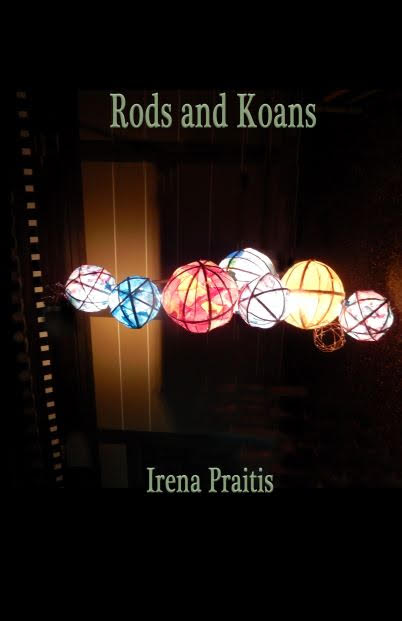 Today we are pleased to announce news about past SR contributor Irena Praitis. Irena’s newest collection of poetry, titled “Rods and Koans,” is now available for purchase from Red Mountain Press. Of the book, poet Alberto Ríos notes, “From elemental odes to precise definitions, rather than each acting in a vacuum, it’s the imaginative connectivity bridging differences that pulses in the heart of this collection. Through these pieces, we are edged toward a better grasping of the great jigsaw that is this world.”
Today we are pleased to announce news about past SR contributor Irena Praitis. Irena’s newest collection of poetry, titled “Rods and Koans,” is now available for purchase from Red Mountain Press. Of the book, poet Alberto Ríos notes, “From elemental odes to precise definitions, rather than each acting in a vacuum, it’s the imaginative connectivity bridging differences that pulses in the heart of this collection. Through these pieces, we are edged toward a better grasping of the great jigsaw that is this world.”